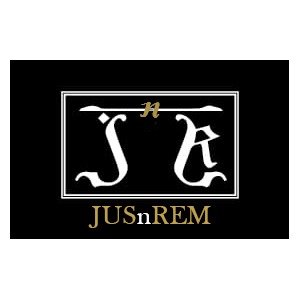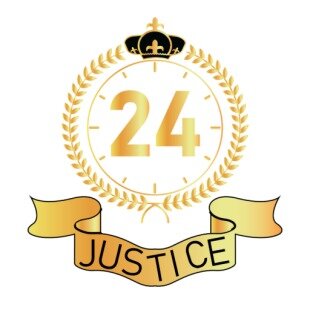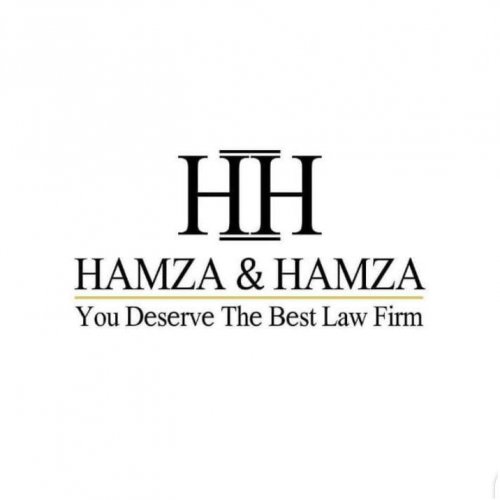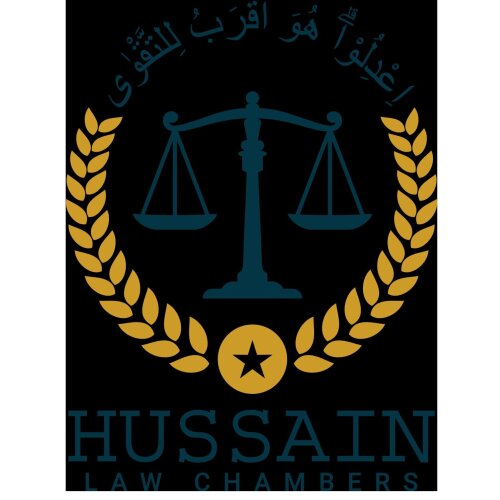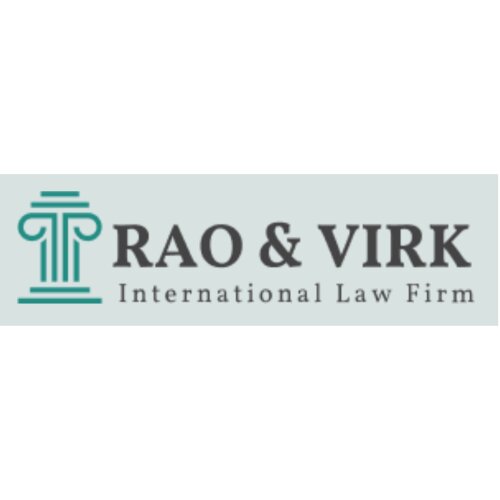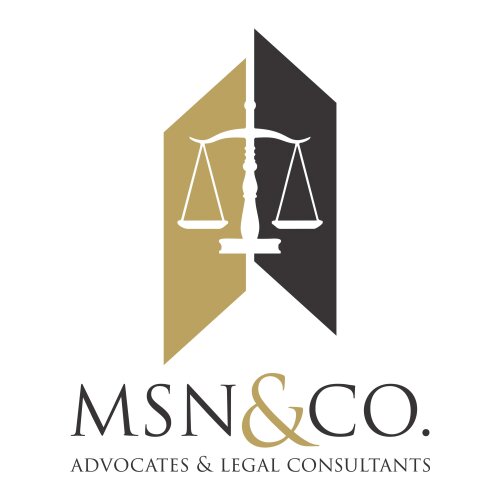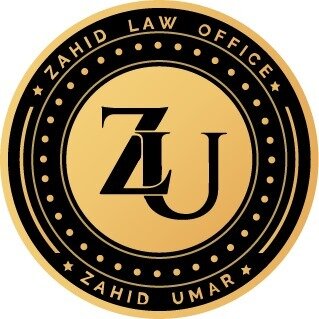Best Education Law Lawyers in Lahore
Share your needs with us, get contacted by law firms.
Free. Takes 2 min.
List of the best lawyers in Lahore, Pakistan
About Education Law in Lahore, Pakistan
Education Law in Lahore, Pakistan, encompasses rules, regulations, and legal principles governing the operation of educational institutions and the rights of students, teachers, and administrative bodies. It revolves around ensuring access to education, maintaining educational standards, and enforcing regulatory compliance among educational establishments. The legal framework is designed to protect the rights of individuals involved in the educational sector while imposing obligations on institutions to deliver quality education in accordance with national guidelines.
Why You May Need a Lawyer
There are several situations where individuals might require legal assistance in the field of Education Law. Some common scenarios include:
- Disputes regarding academic policies, student rights, or disciplinary actions.
- Issues of discrimination or harassment within educational institutions.
- Legal advice on compliance with educational regulations and standards.
- Assistance in cases of unjust expulsion or academic evaluation appeals.
- Guidance for educational institutions on employment law cases involving staff or teachers.
- Contractual disputes involving educational service providers.
- Matters concerning special education and accommodations for students with disabilities.
Local Laws Overview
Lahore, as a part of Punjab province in Pakistan, follows both federal and provincial education laws. Some key aspects include:
- The Right to Free and Compulsory Education Act, 2014, mandates free education for children aged 5 to 16 years.
- The Punjab Private Educational Institutions (Promotion and Regulation) Ordinance, 1984, governs private schools and enforces minimum educational standards.
- Educational institutions are required to comply with anti-discrimination laws, ensuring equality regardless of gender, religion, or disability.
- Teacher employment and conduct are regulated under various provincial laws to maintain professionalism and quality education delivery.
Frequently Asked Questions
What constitutes an educational institution under Pakistani law?
An educational institution refers to any establishment that imparts education, including schools, colleges, universities, and other recognized entities providing certified programs or courses.
How are student rights protected in Lahore?
Student rights are protected under various legal provisions, including the right to non-discrimination, fair academic evaluations, and freedom from harassment or unjust disciplinary actions.
What are the legal obligations of private schools in Lahore?
Private schools must adhere to the Punjab Private Educational Institutions Ordinance, which covers aspects like infrastructure, faculty qualifications, fee regulations, and adherence to curriculum standards.
How can parents address grievances related to educational institutions?
Parents can initially address grievances through the institution's internal mechanisms, and if unresolved, escalate the matter to regulatory bodies such as the Punjab Education Department or seek legal remedy through courts.
What measures ensure quality education standards in Lahore?
The government mandates curriculum guidelines, faculty qualifications, and periodic inspections to ensure quality education standards across all institutions in Lahore.
How are special education needs addressed legally?
Schools are required to provide reasonable accommodations and resources for students with disabilities, ensuring they receive equitable educational opportunities in line with national policies.
Can teachers seek legal help regarding employment disputes?
Yes, teachers can seek legal help in cases of wrongful termination, discrimination, or breach of contract by educational institutions.
What regulations apply to higher education institutions?
Higher education institutions must comply with guidelines set by the Higher Education Commission (HEC) of Pakistan, covering programs, accreditations, and operational standards.
Is homeschooling legal in Lahore?
Homeschooling is legally permissible, provided it meets the educational standards outlined by local authorities, ensuring children receive an equivalent quality of education.
How can legal interference help in educational disputes?
Legal intervention can help mediate disputes, ensure compliance with educational laws, and secure justice and fair treatment for affected parties through formal legal proceedings.
Additional Resources
Several resources and organizations can be helpful for those seeking legal advice in Education Law:
- The Punjab Education Department
- Pakistan Bar Council
- The Higher Education Commission (HEC) of Pakistan
- Legal Aid Offices specializing in Education Law
- Non-profit organizations focused on educational rights and advocacy
Next Steps
If you need legal assistance in Education Law, start by gathering relevant documentation and details of your case. Consider seeking counsel from a lawyer specializing in Education Law by contacting local bar associations or trusted legal service providers. It may also be beneficial to report the issue to the appropriate educational regulatory body in your area to explore mediation options before pursuing formal legal action.
Lawzana helps you find the best lawyers and law firms in Lahore through a curated and pre-screened list of qualified legal professionals. Our platform offers rankings and detailed profiles of attorneys and law firms, allowing you to compare based on practice areas, including Education Law, experience, and client feedback.
Each profile includes a description of the firm's areas of practice, client reviews, team members and partners, year of establishment, spoken languages, office locations, contact information, social media presence, and any published articles or resources. Most firms on our platform speak English and are experienced in both local and international legal matters.
Get a quote from top-rated law firms in Lahore, Pakistan — quickly, securely, and without unnecessary hassle.
Disclaimer:
The information provided on this page is for general informational purposes only and does not constitute legal advice. While we strive to ensure the accuracy and relevance of the content, legal information may change over time, and interpretations of the law can vary. You should always consult with a qualified legal professional for advice specific to your situation.
We disclaim all liability for actions taken or not taken based on the content of this page. If you believe any information is incorrect or outdated, please contact us, and we will review and update it where appropriate.




